About Feeding with Love and Good Sense
Ellyn Satter’s division of responsibility (sDOR) is the gold standard of feeding. This in-depth workshop shows professionals how to accurately apply sDOR in doing assessment and treatment with established feeding problems, birth through preschool, including picky eating, overweight, underweight, and special needs. Over 700 dietitians, nurses, doctors, OTs, SLPs, and mental health professionals have been empowered by this workshop to support optimum feeding and address interference and/or neglect with feeding.
Learn how to help families with established feeding challenges
An estimated 50% of children have established feeding problems. Current norms around feeding and eating are such that most children are raised to have poor eating attitudes and behaviors. Most parents have trouble taking appropriate leadership with feeding, and, at the same time, they interfere with the child’s autonomy with eating. Parents’ interference and/or neglect with feeding precipitates feeding problems that, at each stage of development, become more and more complicated, established, and resistant to resolution. Thorough assessment and skillful, step-by-step application of sDOR has profound implications for the child’s nutrition and growth and also for the quality of life and emotional well-being of the child, parent, and family.
Objectives
Upon successful completion of this course, you will be able to:
- Cite literature addressing the theoretical underpinnings and evidence for the Satter feeding dynamics and eating competence models.
- Consider how to apply the principles of child development to the assessment and treatment of child nutrition problems.
- Understand and interpret the child’s own growth pattern to support optimum stage-related feeding and solve feeding problems.
- Differentiate among primary, secondary, and tertiary intervention in addressing the child feeding problems.
- Identify distinctions between education and psychotherapy.
- Consider the child’s medical, developmental, nutritional, feeding dynamics, and psychosocial history to identify past and current contributors to eating problems including growth faltering, weight acceleration, poor food acceptance, and special needs.
- Develop fdSatter (feeding dynamics Satter) consistent treatment plans and outcome goals.
Will you benefit from attending?
- Are you an experienced health or mental health professional who works with established and entrenched childhood feeding problems?
- Are you looking for training in clinical intervention with feeding that doesn’t require your going back to graduate school?
- Are you familiar with the Satter Eating Competence Model and the Satter Feeding Dynamics Model?
- Are you willing and able to do self-study to prepare for this workshop?
- Do you work with parent education, anticipatory guidance, and routine problem-solving (e.g. WIC, CACFP, well-child clinic, Parents as Teachers, University Extension), and want the in-depth information, realizing the workshop information about assessment and treatment doesn’t apply to your practice setting.

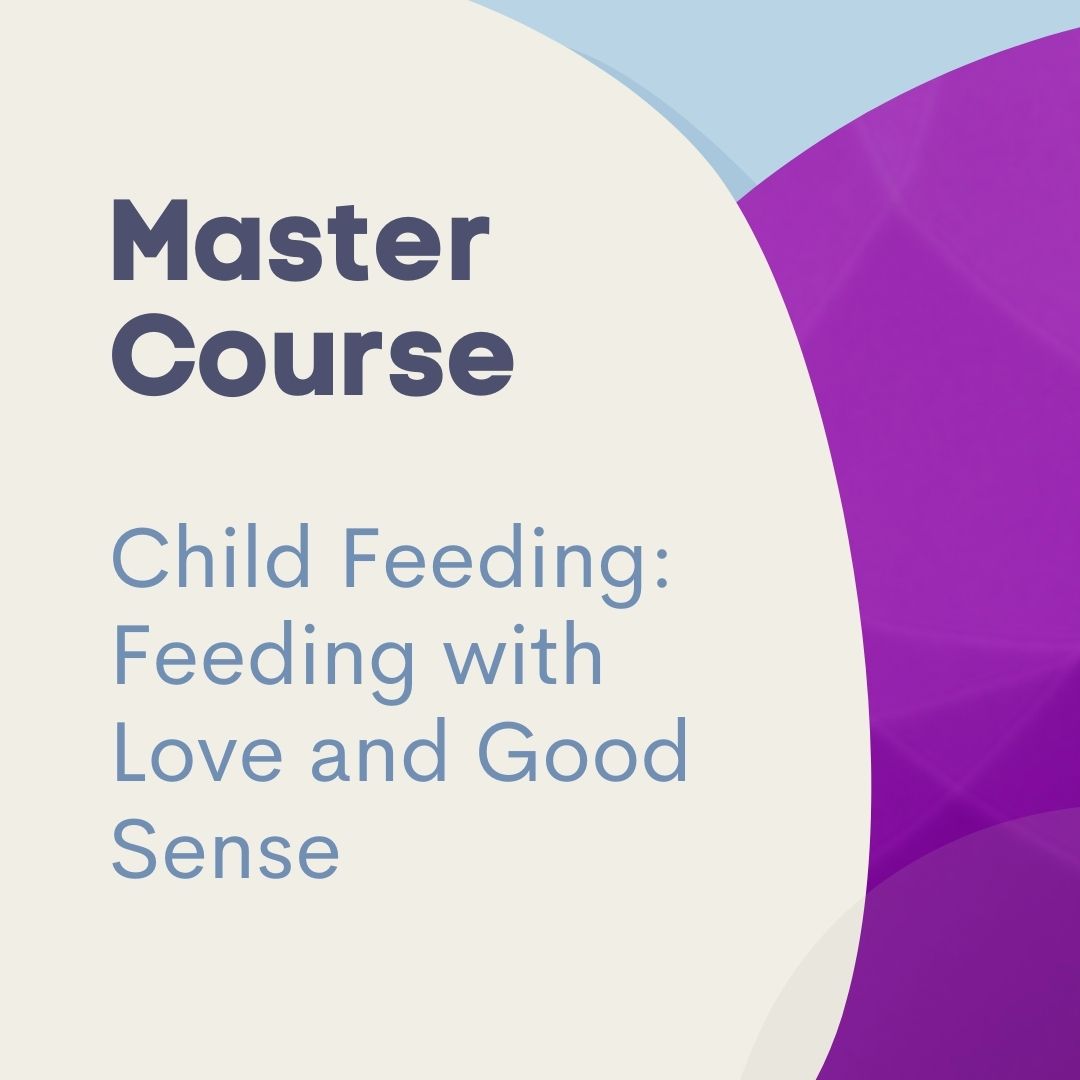

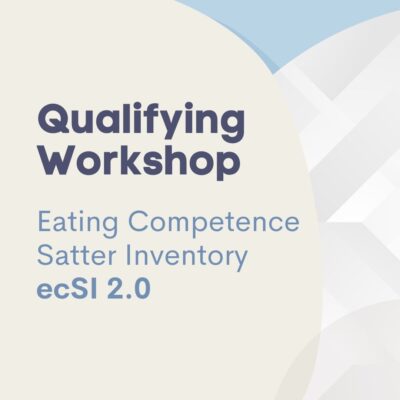
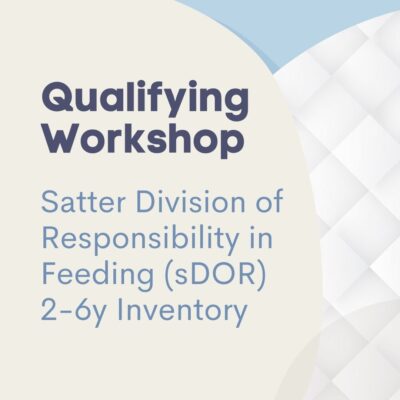
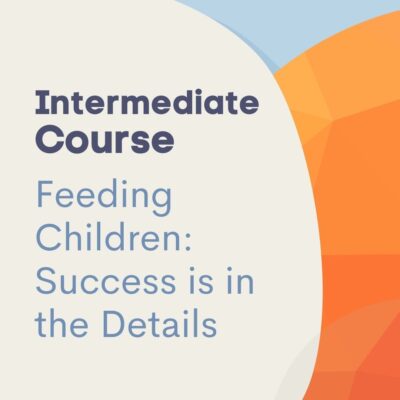
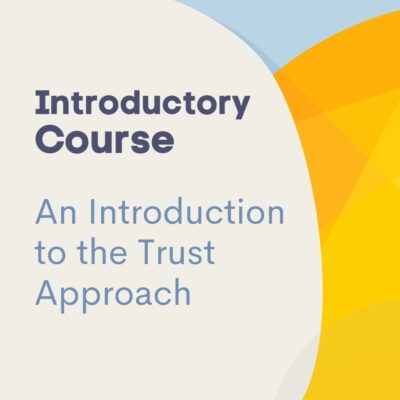
Reviews
There are no reviews yet.